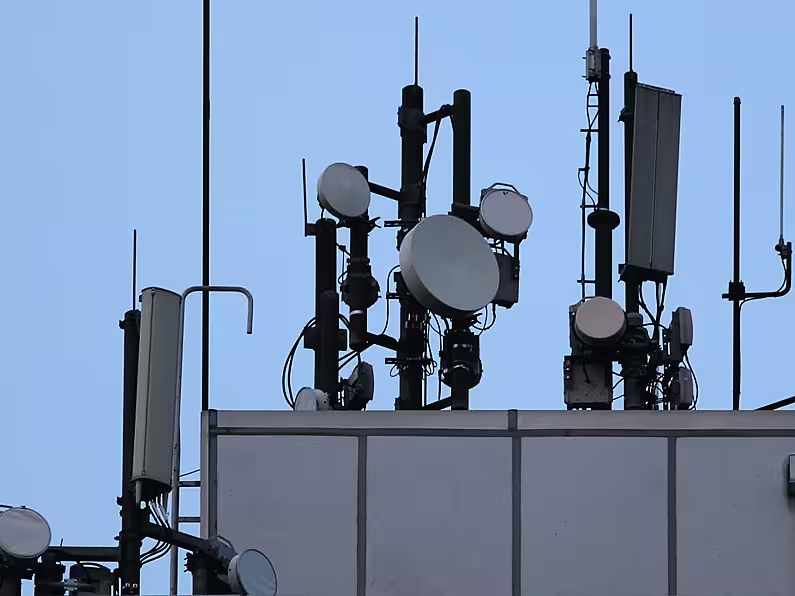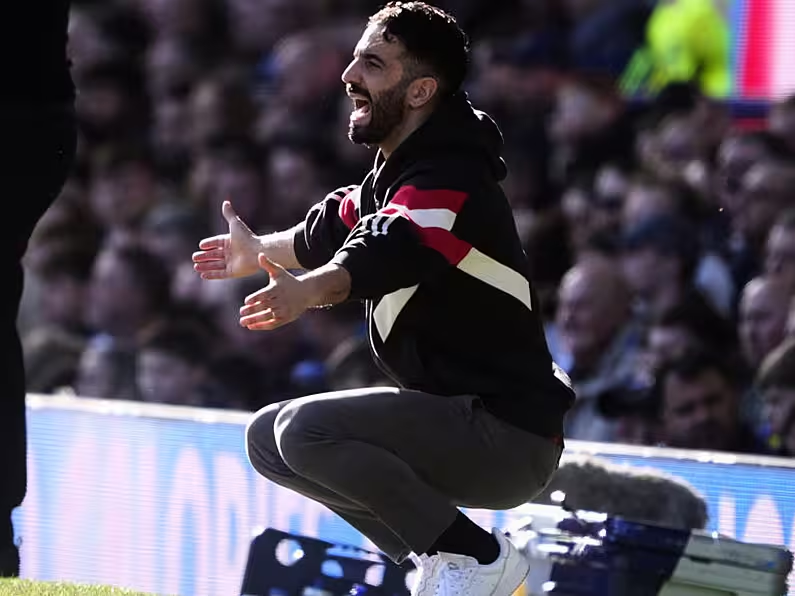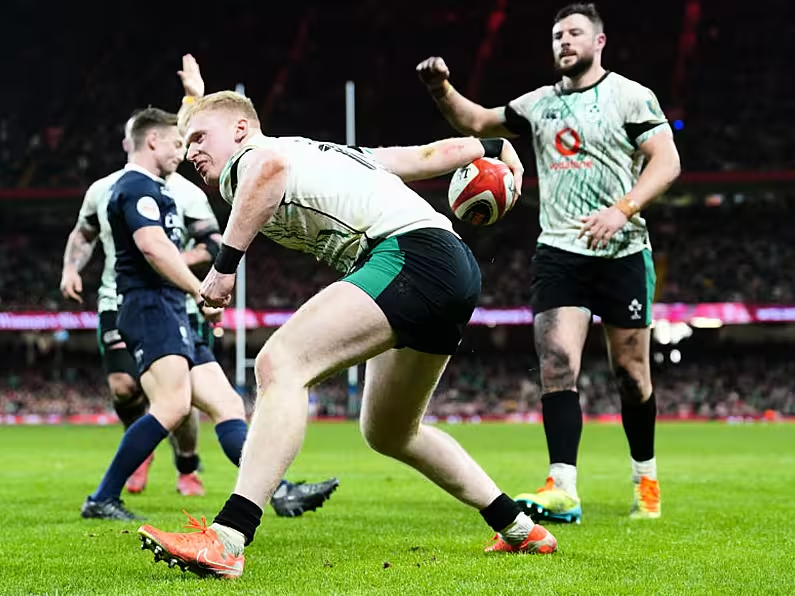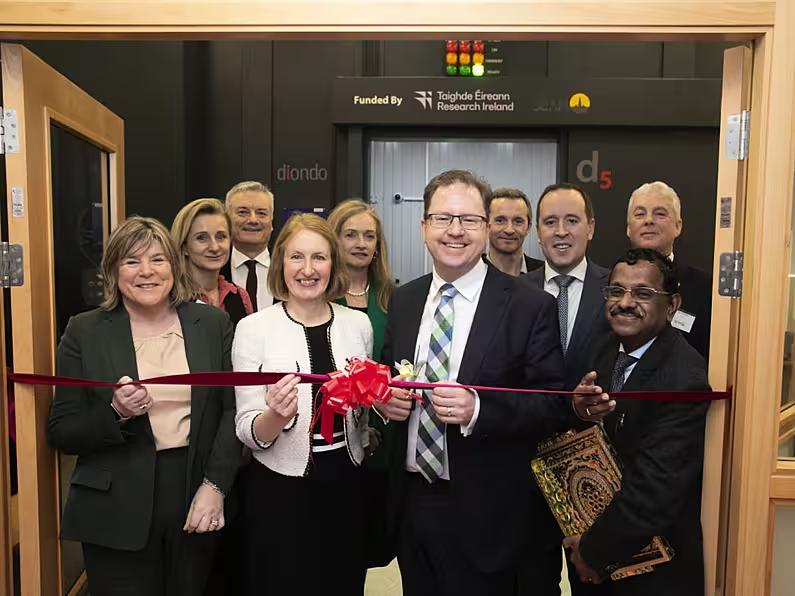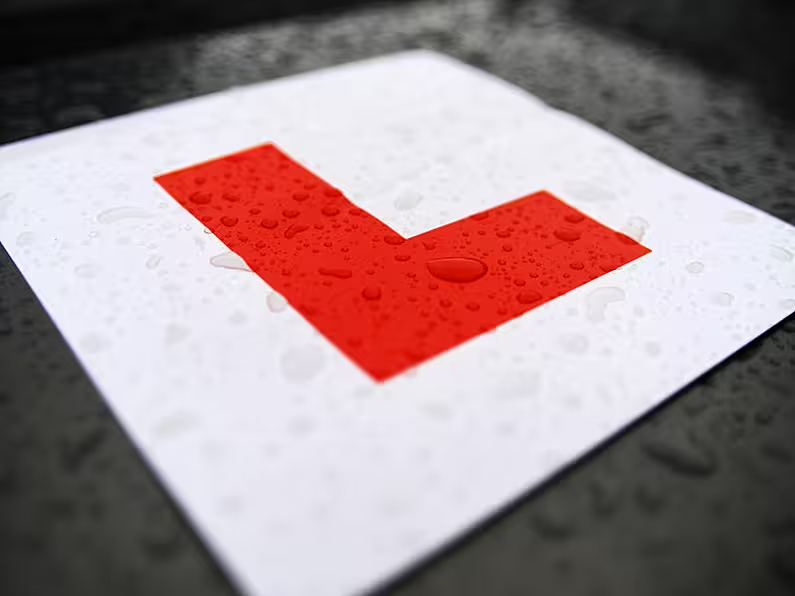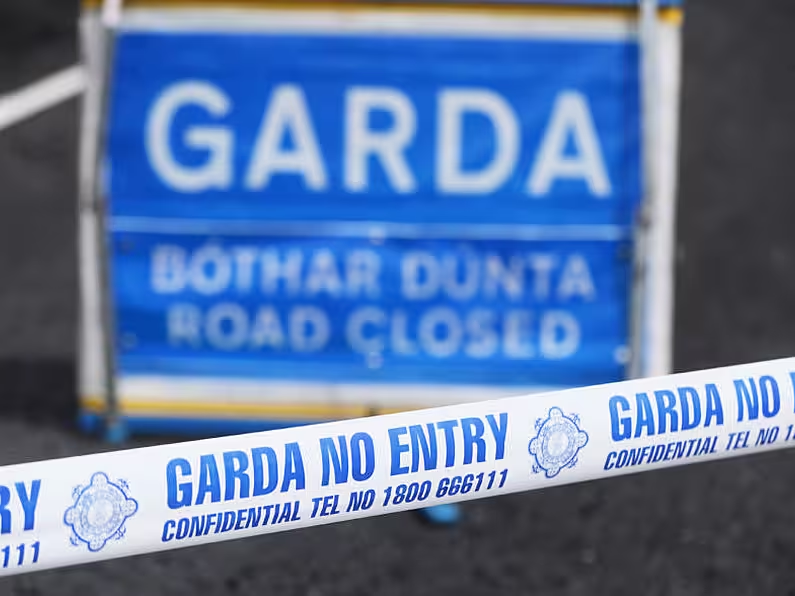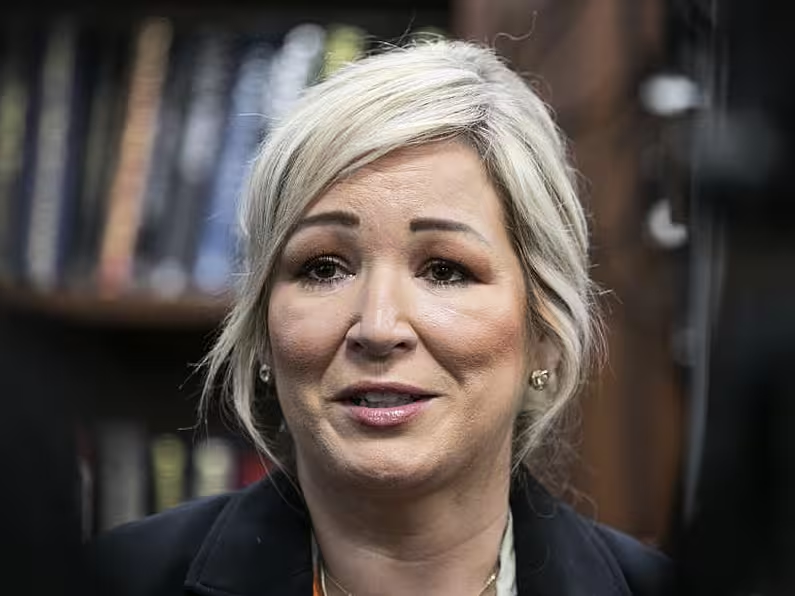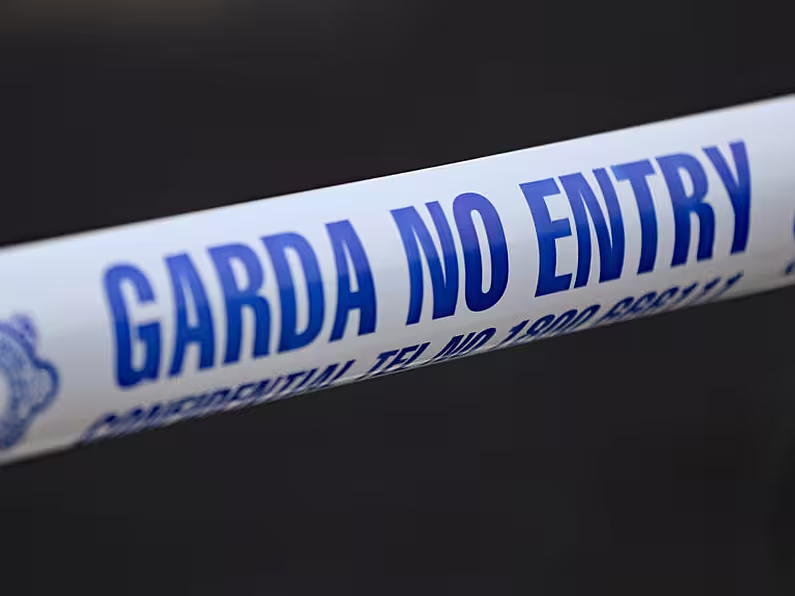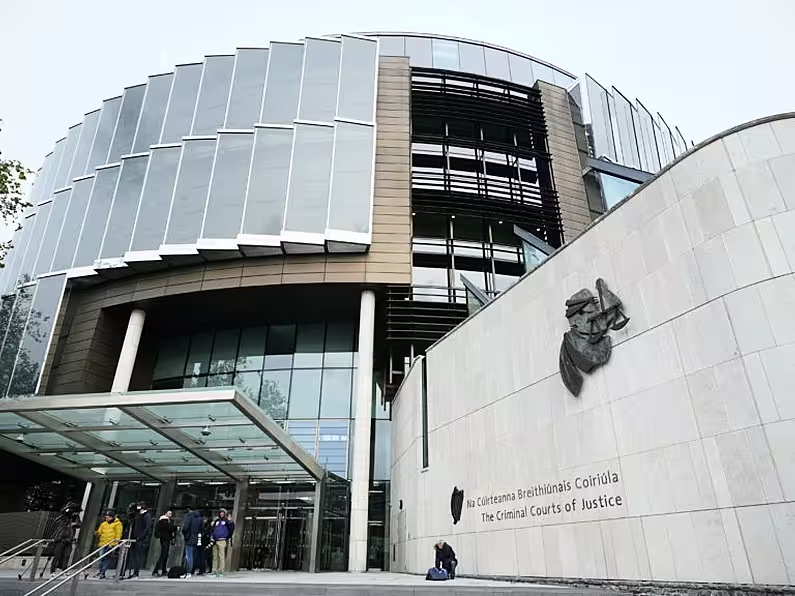Eoin Reynolds
The Special Criminal Court has rejected an application by defence lawyers to adjourn the trial of four men accused of abducting and torturing Quinn Industrial Holdings director Kevin Lunney.
Michael O'Higgins SC, for the accused man known as YZ, had argued before the three-judge, non-jury court that the law on mass retention of mobile phone data is unclear. Mr O'Higgins has previously argued before the court that the use of phone data relating to the location and activities of mobile phones is a breach of EU law. The court ruled against him in June and admitted the evidence gleaned from mobile phone records.
Mr O'Higgins on Tuesday said the Court of Justice of the European Union (CJEU) had made two "diametrically opposed" rulings on mass retention in recent cases and that if the European court doesn't know its position, counsel said: "I fail to see how another court can reconcile those two with such clarity and certainty."
He asked the court to consider whether the EU court's position on mass retention is "in a mess" and asked the judges to adjourn the trial and refer the question to the CJEU for clarity.
Mr Justice Hunt refused the application and pointed out that lawyers for the accused did not suggest referring the question to the European court when the issue was first considered in June.
Court's discretion
He said the court has discretion when it comes to referring matters to the European court and he saw nothing to persuade him to exercise that discretion in this case. He said the legal basis for retention of mobile phone data is provided by Section 3 of the Communications (Retention of data) Act 2011. In making its ruling in June, the judge said the court considered the relevant rulings of the European court.
If the court is wrong, he said the Court of Appeal can come to its own view and may refer the question to the CJEU or "decide the matter in any way it sees fit".
A 40-year-old man named as YZ, Alan O’Brien (40), of Shelmalier Road, East Wall, Dublin 3, Darren Redmond (27), from Caledon Road, East Wall, Dublin 3 and Luke O’Reilly (68), with an address at Mullahoran Lower, Kilcogy, Co Cavan have all pleaded not guilty to false imprisonment and intentionally causing serious harm to Mr Lunney at Drumbrade, Ballinagh, Co Cavan on September 17th, 2019.
Mr Lunney has told the court that he was bundled into the boot of a car near his home and driven to a container where he was threatened and told to resign as a director of Quinn Industrial Holdings. His abductors cut him with a Stanley knife, stripped him to his boxer shorts, doused him in bleach, broke his leg with two blows of a wooden bat, beat him on the ground, cut his face and scored the letters QIH into his chest. They left him bloodied, beaten and shivering on a country road at Drumcoghill in Co Cavan where he was discovered by a man driving a tractor.
Second rejection
The court also rejected a suggestion by the defence that witnesses who gave evidence during legal argument in the trial would need to be recalled to swear their evidence again. Witnesses who give evidence that is being challenged by the defence typically swear an oath or affirmation to tell the truth "in this issue" rather than "in this trial".
Mr O'Higgins said the procedure used to be that those witnesses would then be recalled to swear an oath to tell the truth "in this trial" and would then formally adopt the evidence they had previously given. He said the law requires that the oath be given with a particular form of wording and asked the court to consider whether evidence heard under a particular oath can be passed into a section of the trial where evidence is given under a different oath.
Mr Guerin said the Special Criminal Court is entitled to adopt its own procedures and said it would not be "practicable" to bring hundreds of witnesses back to court for the procedure suggested by Mr O'Higgins. Mr Justice Hunt said bringing the witnesses back, "falls outside any definition of practicable or even sane."
He said the court can set its own practice and procedures and there is no law that says evidence given during legal argument cannot be adopted into the trial.
He said witnesses swore to tell the truth and "whether the word 'trial' or 'issue' was used was of complete indifference to them. What is important is that it is sworn or given on affirmation and that was done in every case."
The trial continues in front of Mr Justice Hunt, presiding, with Judge David McHugh and Judge Gerard Griffin.



